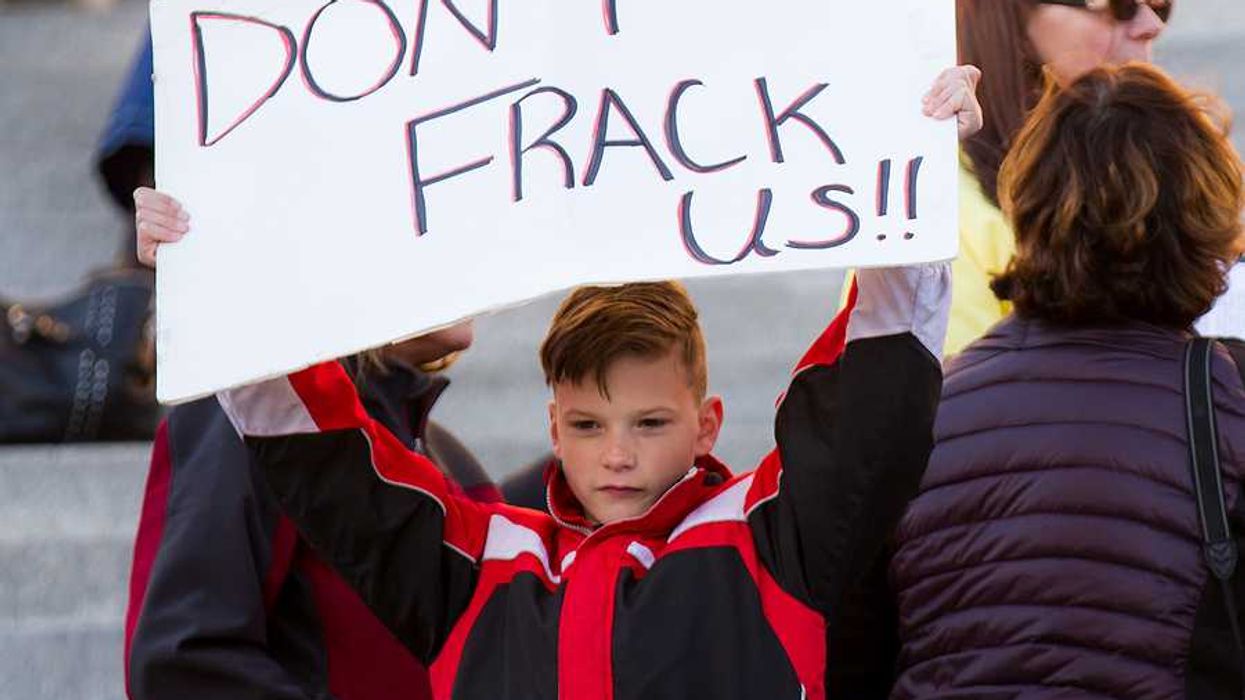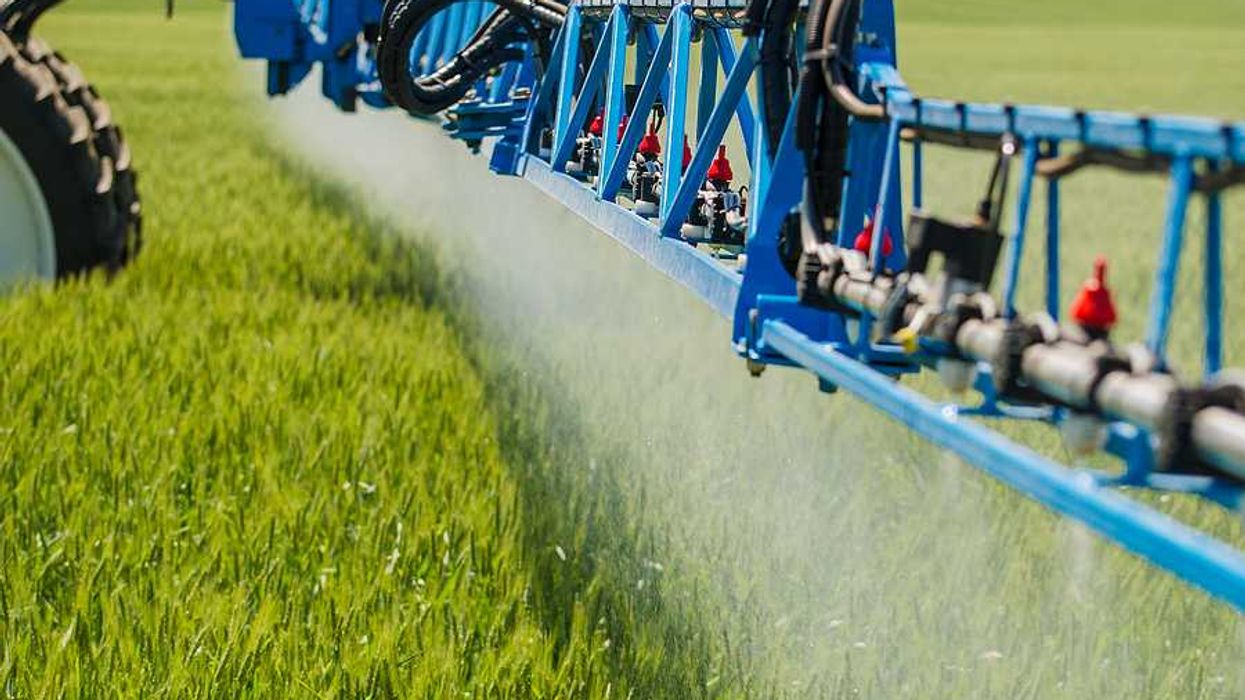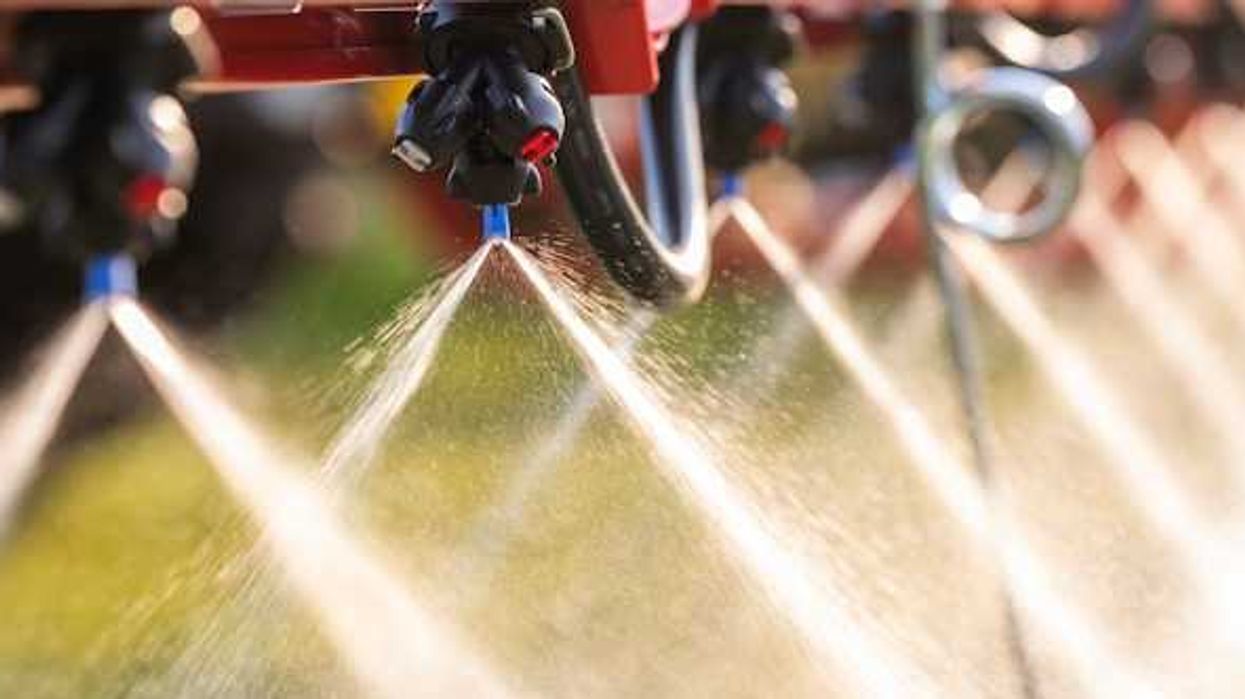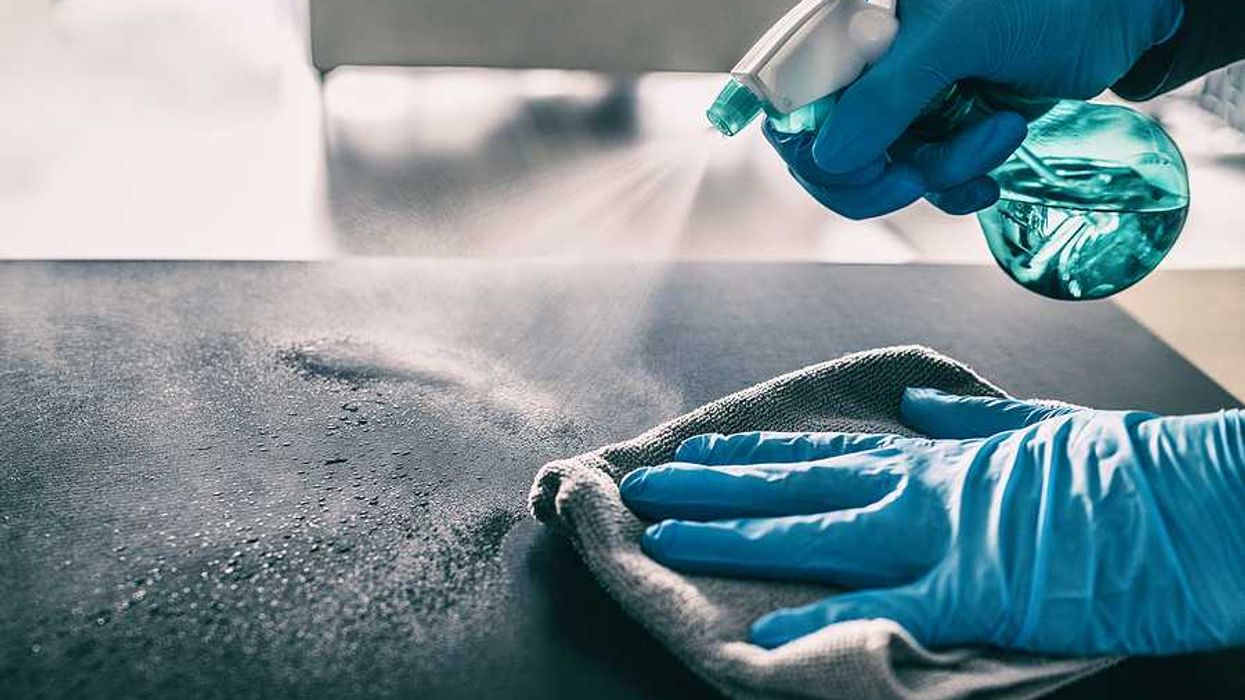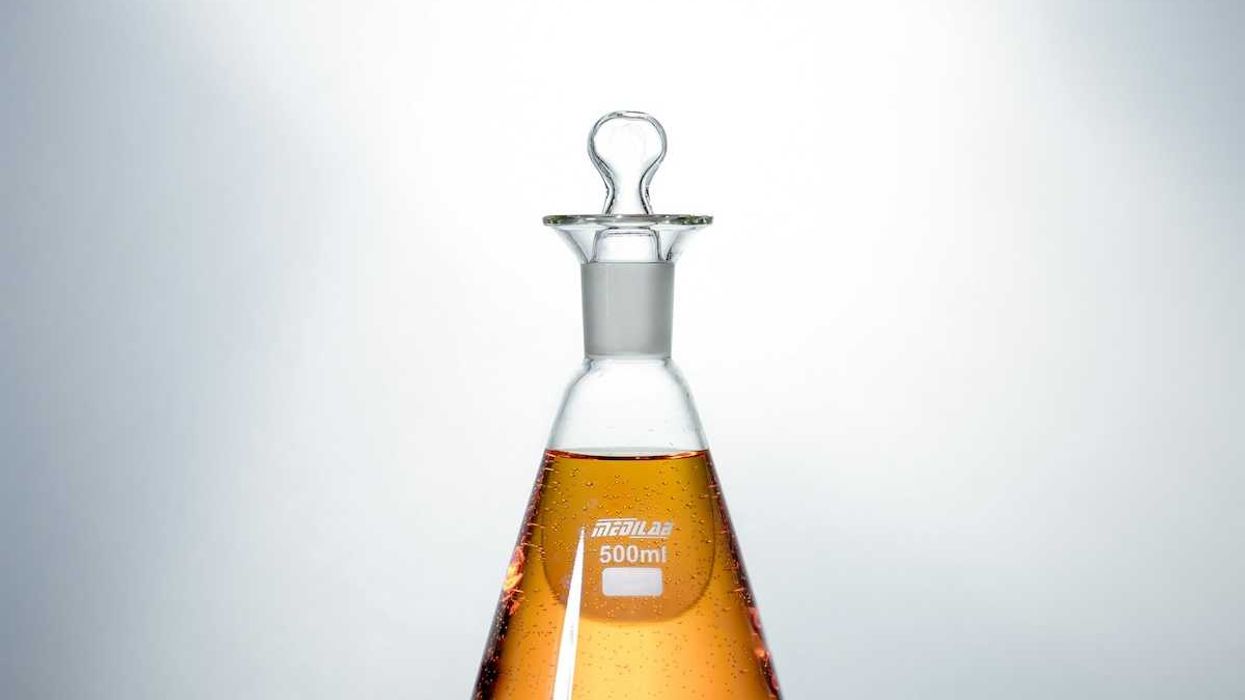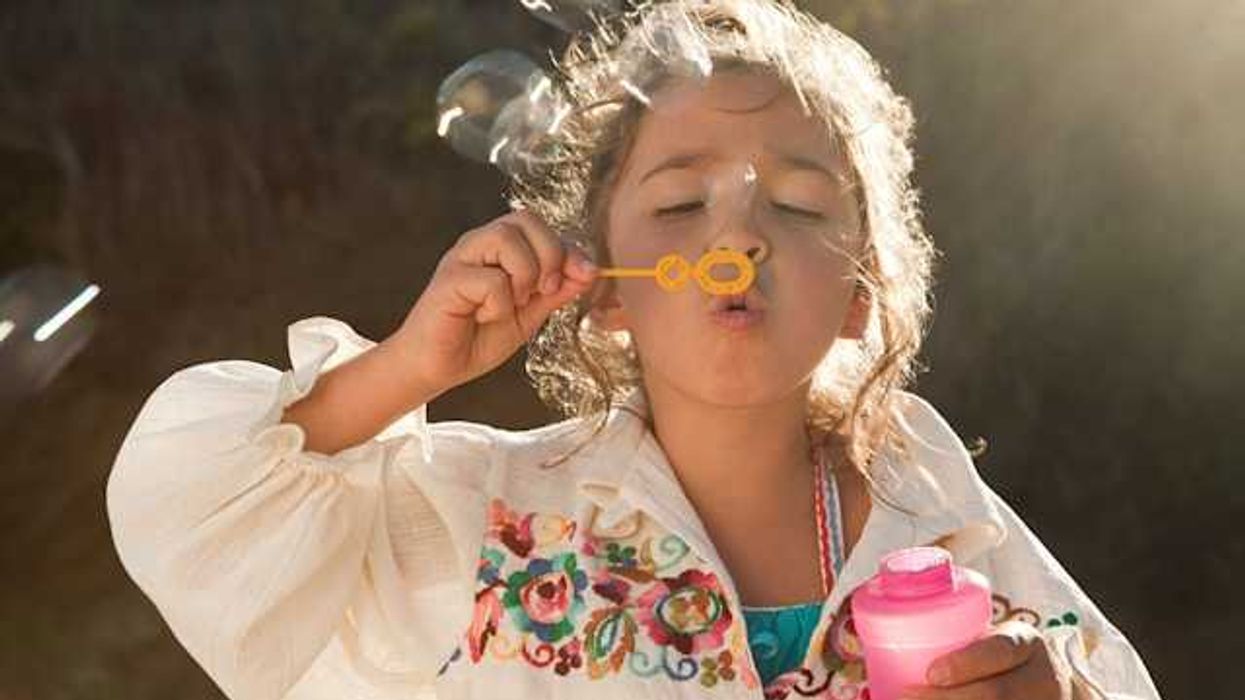Plastic turf, once seen as a water-saving alternative to natural grass, contains hazardous chemicals linked to health risks and environmental damage, prompting policymakers to reconsider its use.
Otto Lee and Cindy Russell write for The Mercury News arguing for a precautionary approach that prioritize long-term protections.
In short:
- In California today, the Santa Clara County Board of Supervisors will vote on banning new plastic turf installations on county property, citing health and environmental risks.
- Artificial turf contains PFAS and heavy metals linked to endocrine disruption, neurotoxicity, and cancer, along with other toxins that can be absorbed through skin contact, inhalation, or ingestion, especially by children.
- Plastic turf contributes to climate change, increases sports injuries, retains extreme heat, and sheds microplastics into waterways.
Why this matters:
Artificial turf is more than a sports field — it’s a source of toxic exposure and pollution. Made from fossil fuels, it emits heat, sheds microplastics, and contains harmful chemicals like PFAS, which persist in the environment and human bodies. Athletes face higher injury risks, and children are particularly vulnerable to its toxic effects. Unlike grass, plastic turf cannot break down naturally and ends up in landfills, worsening waste problems. As cities weigh bans, the debate over safety, sustainability, and long-term environmental impact continues.




